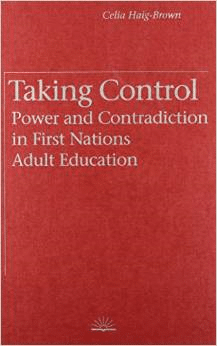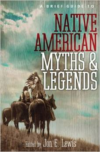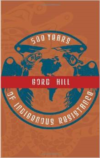Description
“Taking Control” is a critical ethnography of the Native Education Centre in Vancouver, British Columbia. It presents an intimate view of the centre, focusing on the ways that people work there-First Nations students, board members, teachers–and how they talk about and put into practice their beliefs about First Nations control. Selected words of the people interviewed figure prominently in the descriptions of everyday life in the centre. As Michael Apple comments in the preface, their stories ‘provide concrete evidence of what can be accomplished when the complicated politics of education is taken seriously.’
The study is based primarily on fieldwork conducted in teh centre during the 1988-9 school year. At that time, over 400 adult students were enrolled in eleven programs ranging from basic literacy and upgrading to ‘skills training.’ The author contextualizes people’s notions of taking control first within the space where they work- a building specially created using cedar planks, glass, and hand-carved poles–and then in relation to the efforts by Aboriginal people to control their formal education in British Columbia. The work engages theoretically with Foucault’s notion of power as a relation, juxtaposing it with the National Indian Brotherhood document Indian Control of Indian Education (1973). Views of the programs of study are a central focus of “Taking Control,” which also includes a self-reflexive analysis of the non-Native researcher’s position in a study of First Nations control.
Carl Urion, co-editor of the Canadian Journal of Native Education, describes “Taking Control” as ‘an ethnography about hope, promise, hard work, and community.’ It provides a moment of comparison for people in a variety of contexts who are in the process of ‘taking control.’






Reviews
There are no reviews yet.